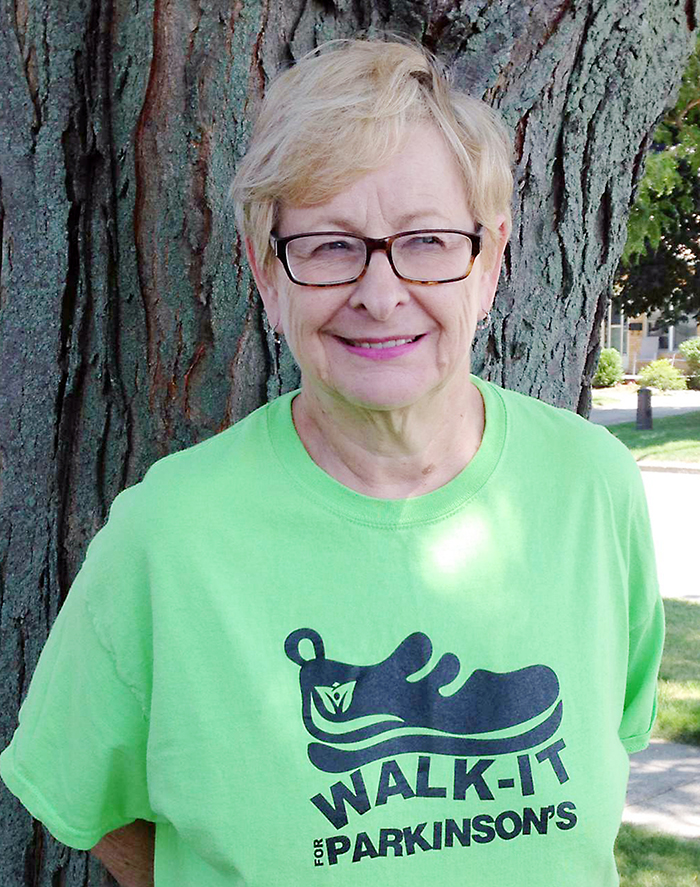
The Parkinson Society Southwestern Ontario will host walkers from Chatham-Kent and area as they come together at Kingston Park on Sept. 10 to support those living with Parkinson’s disease at WALK-IT for Parkinson’s.
All funds raised at the event will remain in Southwestern Ontario.
With regular physical activity proven to slow progression of Parkinson’s symptoms, it is the WALK-IT for Parkinson’s mission to keep the Parkinson’s community active. At 1:30 p.m., pledged walkers will put on their pedometers and begin their 1km-5km walk to join the 5,000,000 Step Challenge across the region.
Shelley Rivard, CEO of Parkinson Society Southwestern Ontario, is excited to see the WALK-IT for Parkinson’s events continue to grow and help local communities.
“WALK-IT for Parkinson’s encourages communities to focus on exercise and movement – not only through the event, but in participants’ daily lives. Combine this with local fundraising, and we can make a positive impact for those affected by Parkinson’s in Southwestern Ontario,” she said in a release.
Carol Stemmler of Chatham knows full well of the impact a Parkinson’s diagnosis has on a person’s future.
“
Being diagnosed with a neurodegenerative disorder like Parkinson’s disease before you’ve even turned 50 years old almost always comes as a shock. At such a young age, this diagnosis disrupts your future physically, mentally, financially, socially and emotionally,” Stemmler said in a release.
When Stemmler was diagnosed with Parkinson’s 18 years ago, she was only 45 years old. But she decided that she would not let the disease get in her way. She felt that because she was younger than most that are diagnosed, she should do her part to help others affected by the disease.
Stemmler got involved with her local support group to meet more people in the community with Parkinson’s. She felt that information and services that were available through Parkinson Society Southwestern Ontario were the greatest resources, and she wanted to ensure that they would continue to be available for those who need them.
As she became more involved with the support group, she decided to join WALK-IT for Parkinson’s in Chatham in 2013 and make a difference through fundraising. She eventually became a part of the volunteer committee that runs the event.
“It felt good to be a part of the committee,” she explained.
Over the years, Parkinson’s has slowed Stemmler down, but it hasn’t stopped her. She can’t always speak very clearly, and she often uses a cane or a walker to get around. These aids definitely help her keep her balance.
Five years ago, she underwent a treatment called Deep Brain Stimulation, which involves planting a device in a part of the brain that improves the patient’s mobility. Stemmler has remained optimistic, saying that “things do get better for people with Parkinson’s disease.”
Stemmler has become an integral part of the WALK-IT for Parkinson’s committee in Chatham. She believes her treatment, combined with her medications, has made the biggest difference to this day.
Parkinson’s is a slow, progressive neurodegenerative disorder, making activities of daily living difficult for someone who has the disease. Primary symptoms associated with Parkinson’s include tremor, rigidity, slow movement, postural instability, loss of balance control, soft speech, and sleep disturbances. Other symptoms include depression, anxiety, dementia, memory problems and difficulty with communication.
To register or find out more information about WALK-IT for Parkinson’s, visit www. WALK-IT.ca





